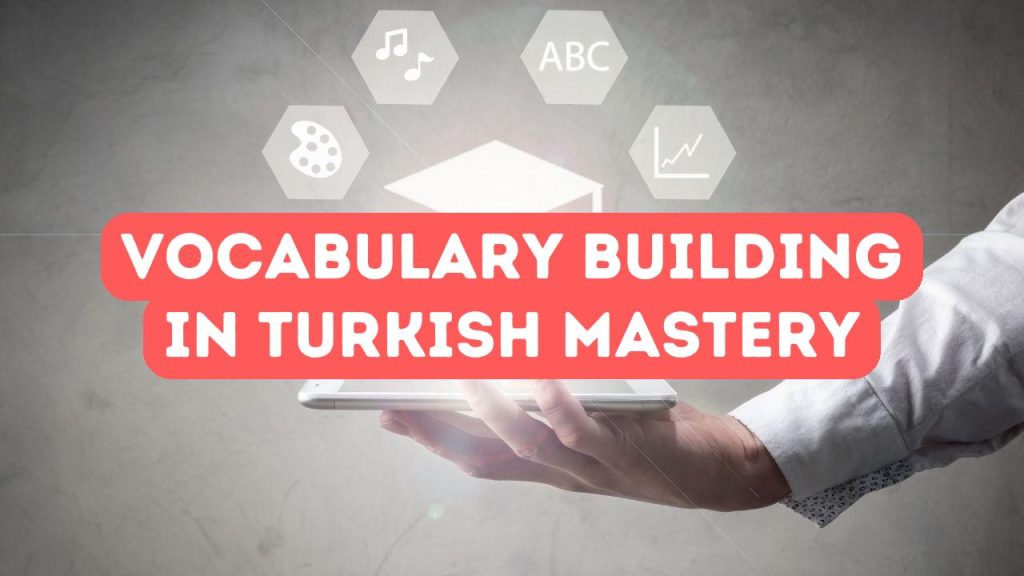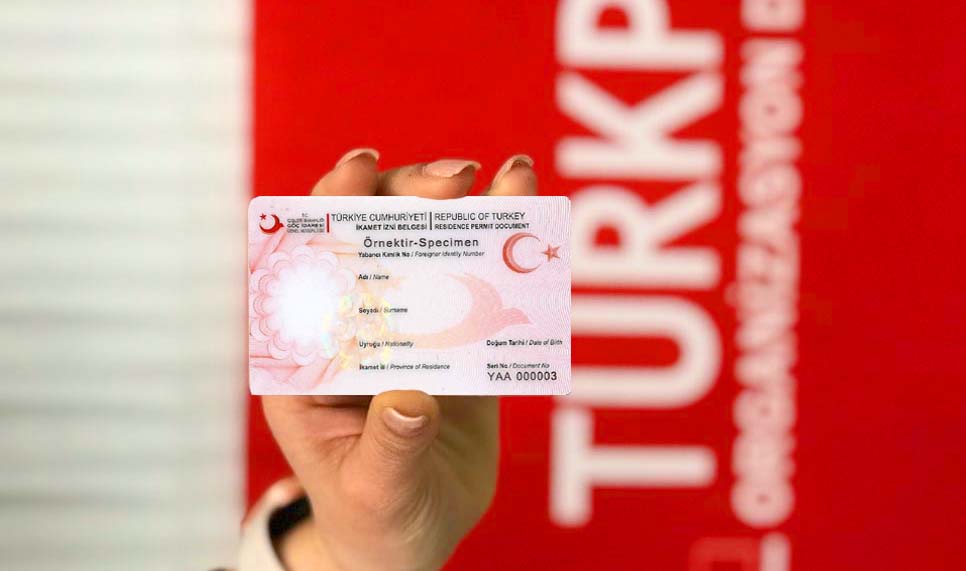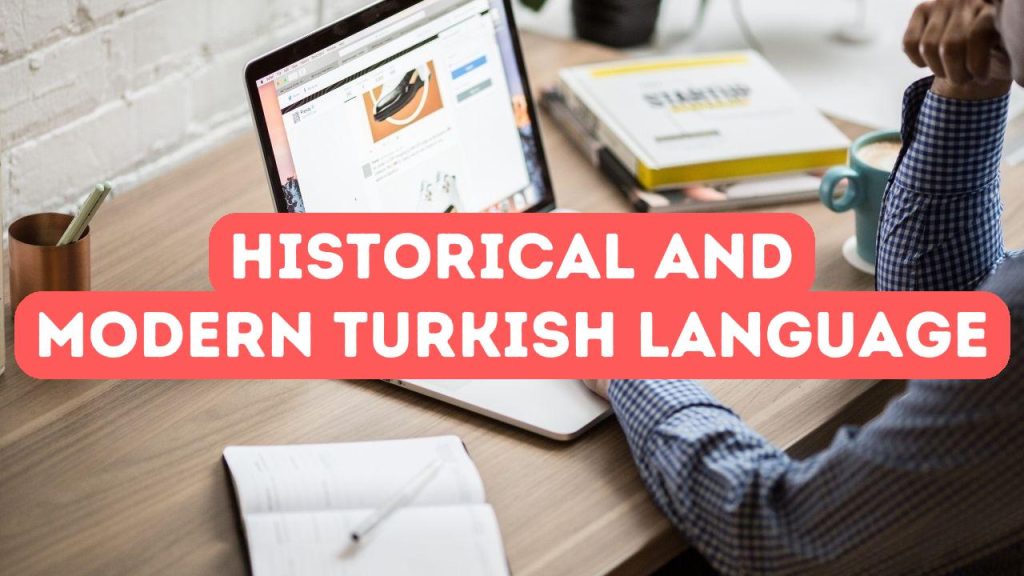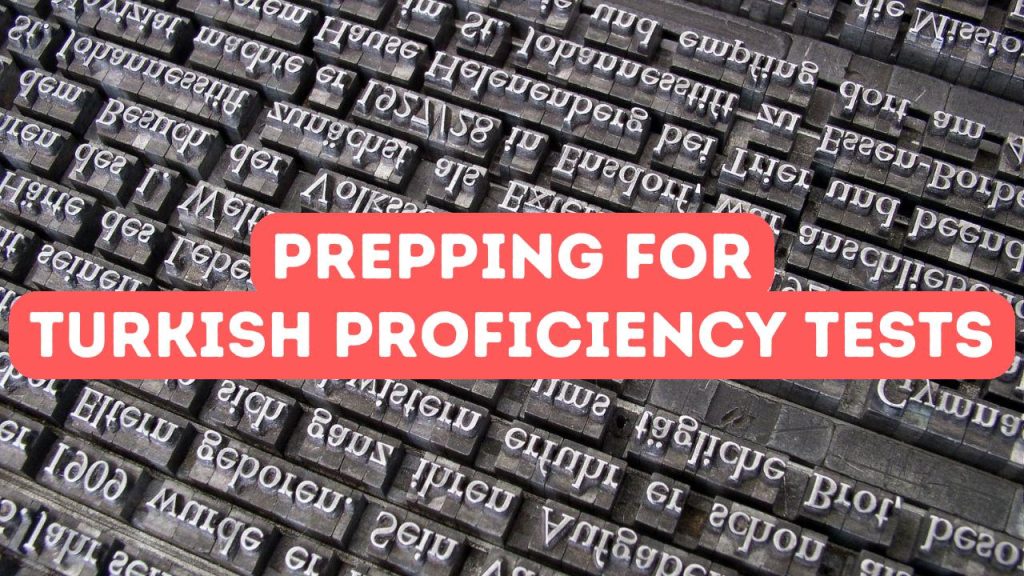Expanding Lexical Knowledge for Effective Communication
Expanding one’s lexical reservoir in Turkish is critical for effective communication, as each new word acts like a key unlocking nuanced meanings and subtler shades of emotion that are intrinsic to Turkish discourse. Language learners must immerse themselves in a variety of linguistic contexts, from everyday conversation to the complex prose found in literature and academic texts, thereby encountering words in their natural habitat. This exposure not only reinforces the meaning and usage of words but also acquaints learners with the rhythm and texture of the language. By systematically incorporating new vocabulary – a process that requires active use and repeated engagement – learners can bridge the gap between basic comprehension and the ability to articulate thoughts with precision and color, a hallmark of true mastery in Turkish communication.
Building a substantial vocabulary in Turkish also means grappling with the concept of agglutination, where words are formed by the concatenation of morphemes to express complex ideas in a single term. This linguistic feature can significantly elevate a learner’s expressive capacity when mastered, as it allows for the creation of a plethora of meanings through the addition of prefixes and suffixes. Engaging with this aspect of Turkish not only widens a student’s lexical scope but also enhances their grammatical understanding, enabling them to craft sentences that are both rich in meaning and structurally sound. As learners decipher the puzzle of Turkish word formation, they gain insight into how native speakers condense whole phrases into compact words with remarkable precision, thereby bolstering their own word usage to be both efficient and accurate in conveying their thoughts.
Furthermore, the pursuit of an extensive vocabulary in Turkish is intimately tied to cultural literacy and the consumption of local media—be it films, music, or news—which provides context and connotations not readily evident from textbook learning. The idioms, slangs, and proverbs that permeate Turkish conversations are crucial for learners to grasp both the literal and figurative fabric of the language. By actively engaging with diverse forms of cultural content, language students can accelerate their vocabulary acquisition and simultaneously gain a nuanced perspective on the customs, humor, and values of Turkish society. This dynamic approach to language learning not only enriches communication skills but also fosters a more empathetic and comprehensive understanding of the cultural milieu, a vital competence for anyone aiming to reach a sophisticated level of fluency in Turkish.
Strategies for Retaining and Utilizing Turkish Vocabulary
A foundational strategy for retaining and utilizing Turkish vocabulary entails the active incorporation of new words into daily conversation and written expression. Regularly practicing with language partners, whether through informal dialogues or structured exchanges, allows learners to reinforce word meanings and uses in a natural context. Moreover, integrating multimedia resources such as Turkish films, songs, and news broadcasts can help in solidifying vocabulary by exposing learners to varied accents, colloquialisms, and dialects. This multimedia approach leverages the brain’s associative learning capabilities, linking new words with visual and auditory experiences, thereby anchoring them more deeply in memory. Through consistent interaction with native content and communication, students not only memorize vocabulary but also gain insights into how words function in different shades of meaning, a crucial step towards fluency.
Another potent strategy is spaced repetition, a learning technique that involves reviewing vocabulary at increasing intervals to promote long-term retention. Innovative tools like flashcard apps, which employ this interval-based system, enable learners to systematically practice and recall words just before they are likely to forget them. By adjusting the intervals based on how well a word is remembered, these digital platforms ensure that each entry in a student’s Turkish lexicon is revisited at the optimal time for memory reinforcement. Beyond digital aids, maintaining a personal vocabulary journal can also be invaluable. In this journal, learners can not only list new words but also write sample sentences and note synonyms or antonyms, thereby engaging actively with their growing vocabulary and enhancing their understanding of subtle linguistic contexts and connotations.
Lastly, engagement with authentic Turkish literature and media in its original form is a profound strategy for both retention and practical application of vocabulary. As learners delve into novels, newspapers, essays, and poems, they encounter words in their most organic environment, witnessing the nuances of their usage and the rhythm of the Turkish language. Tackling such advanced materials not only solidifies one’s vocabulary but also enhances cognitive linguistic abilities by pushing the boundaries of comprehension and inference. Furthermore, participating in discussion groups or online forums centered around Turkish texts can stimulate deeper reflection on word usage and meanings, cementing the learner’s grasp of complex expressions and idiomatic phrases. This immersive and interactive approach ultimately cultivates a richer, more active vocabulary that is not merely understood but is truly felt and lived through the context of its cultural roots.
The Role of Vocabulary Depth in Achieving Fluency
Vocabulary depth in Turkish is more than the mere accumulation of words; it involves understanding the shades of meaning that each word carries and the context in which it can be aptly employed. On the journey to fluency, a rich vocabulary enables learners to discern subtle differences between words with similar meanings, such as gülmek (to laugh) and kahkaha atmak (to guffaw), which cannot be used interchangeably without altering the intended nuance of a sentence. This depth also includes a grasp of idiomatic expressions, proverbs, and colloquialisms that are woven into the fabric of everyday Turkish, making conversations more natural and expressive. By delving into the comprehensive use of each term, learners are equipped to comprehend language with precision, allowing them to convey complex thoughts and engage in conversations with a level of sophistication that mirrors that of native speakers.
The pursuit of vocabulary depth also demands an appreciation for the cultural underpinnings that words reflect, which is particularly true for Turkish—a language steeped in history and cultural confluence. Abstract concepts, values, and historical references are encoded within Turkish vocabulary, influencing how ideas are articulated and understood. For instance, knowing that the word huzur means peace is only the surface; grasping its connotations of serenity in the context of family or spiritual contentment in literary texts adds layers to its use. A nuanced vocabulary thus acts as a key to unlock the implicit knowledge that native speakers possess, enhancing the learner’s ability to participate fully in cultural and intellectual discourse. Such depth of understanding elevates one’s speech from functional to eloquent, proving that vocabulary is not just about knowing words, but also about unlocking the worldviews they encompass.
Achieving fluency in Turkish, therefore, is not merely about the width of one’s vocabulary but the depth of understanding each word’s etymology, usage, and subtleties. As learners cultivate this depth, they gain the ability to use language with finesse, deploying the right term at the right moment to capture the exact flavor of their thoughts. This mastery over vocabulary transcends communication, enabling learners to think in Turkish and process information as native speakers do, which is the true hallmark of fluency. It creates a bridge to the heart of Turkish culture, allowing one to experience the rich tapestry of its expressions, humor, and wisdom as an insider. In essence, a deep vocabulary is the golden key to the treasure trove of cultural and linguistic nuances that render the Turkish language an art form worth pursuing with diligence and passion.





